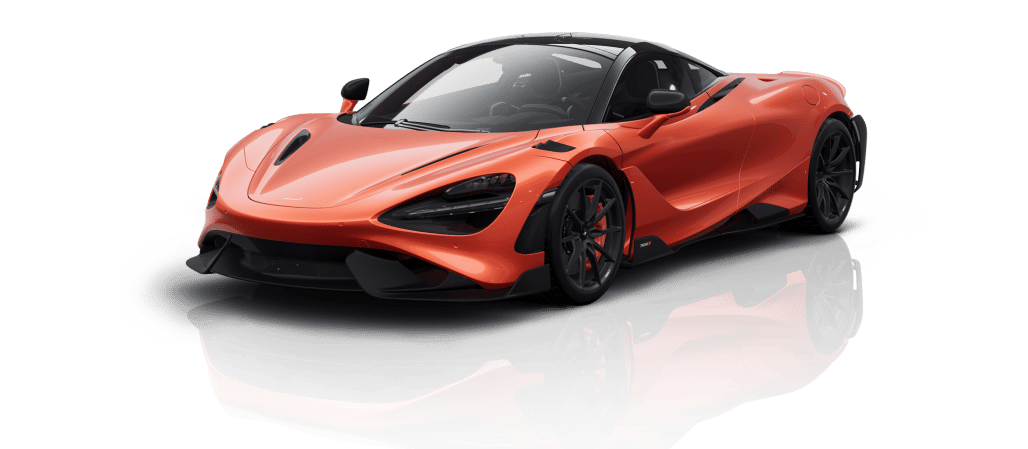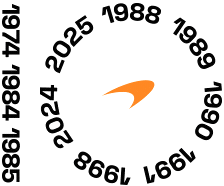
Carlos Reutemann
- Born 12 April, 1942
- Grands Prix 146
- Wins 12
There are other connections, as well. In 1972 he drove for Rondel Racing, the F2 team founded by future McLaren boss Ron Dennis and his colleague Neil Trundle – and he drove their cars at the same time as he was enjoying promotion to the Brabham F1 team which by this time had been purchased by Bernie Ecclestone.
In so many ways Reutemann was put on earth to be a McLaren driver. He was self-contained and hugely talented, although some would say that his flashes of dazzling genius were combined with some disappointingly lacklustre performances. Away from the cockpit, his gentle, thoughtful and charming personality was often concealed behind a mask of deep thought and intense concentration.
Yet it was not until 1974 that Brabham designer Gordon Murray came up with a car that could do justice to Reutemann’s emergent talent. This was the elegant BT44 which chalked up impressive victories in the South African, Austrian and US GPs and which proved a season-long threat to Emerson Fittipaldi’s progress towards that year’s world championship in the rival McLaren M23. The following year Carlos would also win the German GP at Nurburgring in the Brabham BT44B derivative, but when the team concluded a deal to use Alfa Romeo flat-12 engines from the start of 1976, Reutemann seemed to lose interest.
Carlos was disappointed with the performance of his new car and negotiated a release from the team which would enable him to join Ferrari alongside Niki Lauda for 1977. Needless to say, the two men – diametrically different personalities – did not hit it off and Reutemann won only the Brazilian GP. An unproductive season at Lotus followed after which he moved to Williams alongside Alan Jones for 1980 – where he found himself paired alongside another driver with whom he didn’t get along.
Despite this, in 1981, Reutemann would mount the most serious championship challenge of his career. After a succession of strong performances, including victories in Brazil and Belgium, he arrived at Las Vegas for the final race of the season seemingly on the verge of the title crown. A blindingly quick qualifying lap earned him pole position, but when the starting light blinked green he seemed to capitulate and dropped back to an eventual eighth. Two races into the 1982 season he retired for good. Would McLaren have got more out of this enigmatic talent?



